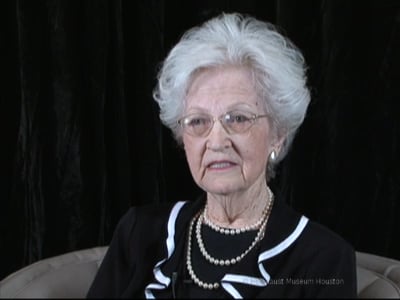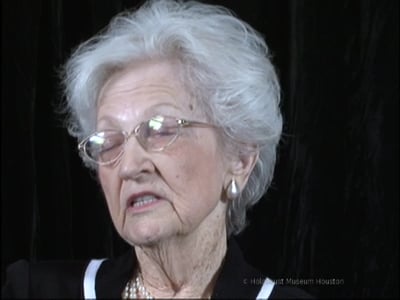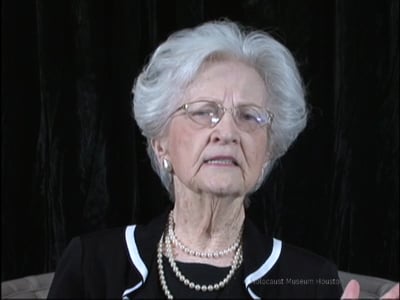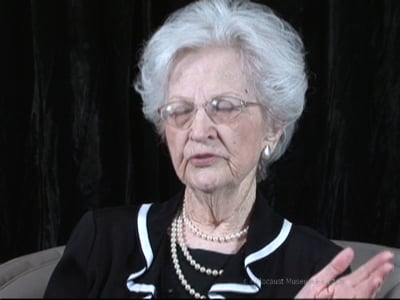Eventually, they made their way north to Wilno (Vilnius). Soon after Germany and the Soviet Union invaded and dismembered Poland in September 1939, the Soviets transferred Wilno and the surrounding region to Lithuania, which remained independent. Thousands of Jewish refugees fled to the city, which had long been a center of Jewish learning and culture. There, Edith attended school, her father opened a small clothing store and life resumed a semblance of normalcy.
But in June 1940, Soviet troops once again seized Vilnius and all of Lithuania and life changed irrevocably. One day, recalled Edith, armed Soviet soldiers arrested her family and forced them onto crowded cattle cars.
Separated from her father, Edith and her sister Erika were sent with their mother to a remote grain farm in Siberia called Aleyski Sowhochoz, where they were assigned to primitive barracks and hard work in the fields on a starvation diet. The family doubted they could survive these circumstances, which included rampant disease.
After Germany invaded the USSR in the summer of 1941, however, the Soviet Union turned to the exiles as potential allies and they were granted amnesty. Escaping both their former captors and the harsh winter, they headed south for Tashkent in the Soviet Republic of Uzbekistan, where they heard the climate was more temperate. Soon they learned that Edith’s father was in the city of Dzhambul, in the Soviet Republic of Kazakhstan, and they reunited there. Edith completed Polish high school and found employment.
After the war ended, the family returned to Poland where they learned, to their horror, that Edith’s eldest sister Herta, her husband, their baby and their maternal grandmother had all been murdered by the Nazis. Edith felt she had no future in Poland so she fled to Munich in the American zone of occupation. There, she continued her studies and met fellow survivor Josef Mincberg. They were married in 1949. Later that year they came to the United States under the Displaced Persons quota and settled in Houston. Their son David was born in 1950 and daughter Pearl in 1954.
In Houston, Edith continued to study liberal arts and business, while helping Josef establish their construction company. A member of Congregation Beth Yeshurun, Edith served as president of several organizations, including the Weizmann Group of Hadassah, the Magnolia Chapter of B’nai Brith Women and the Greater Houston Jewish National Fund. She spearheaded the establishment of the Library and Archives at Holocaust Museum Houston, long before the building was complete. She and Josef, who died in 2003, were among the founders of Holocaust Museum Houston, of which they have been generous benefactors.
Parents
Samuel Sternlicht, survived
Anna Geller Sternlicht, survived
Siblings
Erika, survived
Herta, d. Kaunas (also known as Kovno), Lithuania
Arnold, d. in infancy





